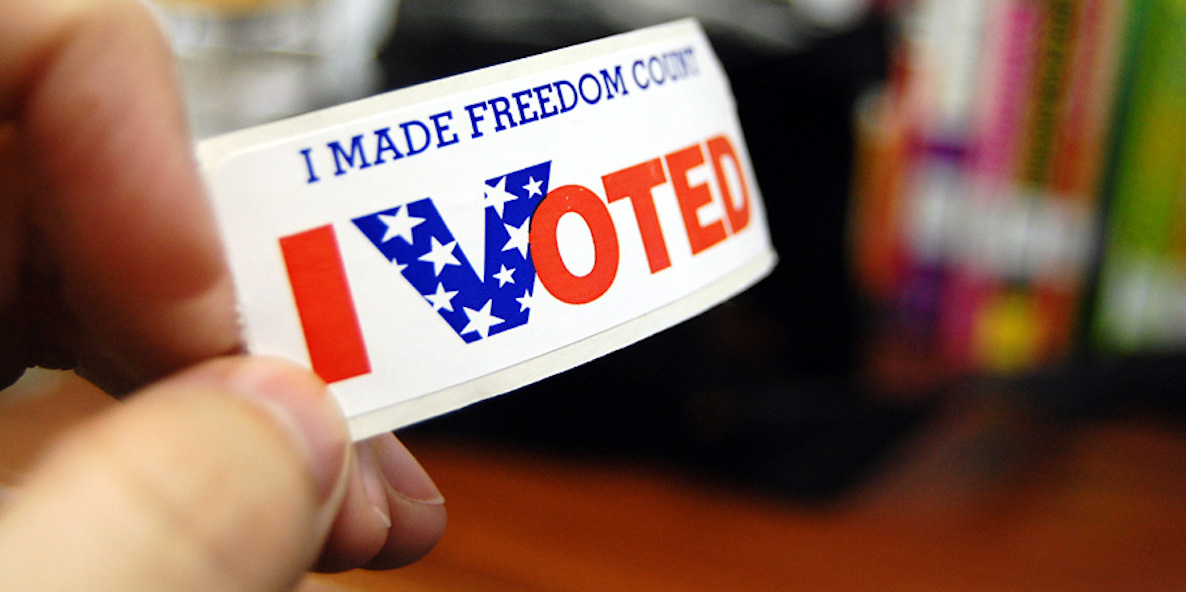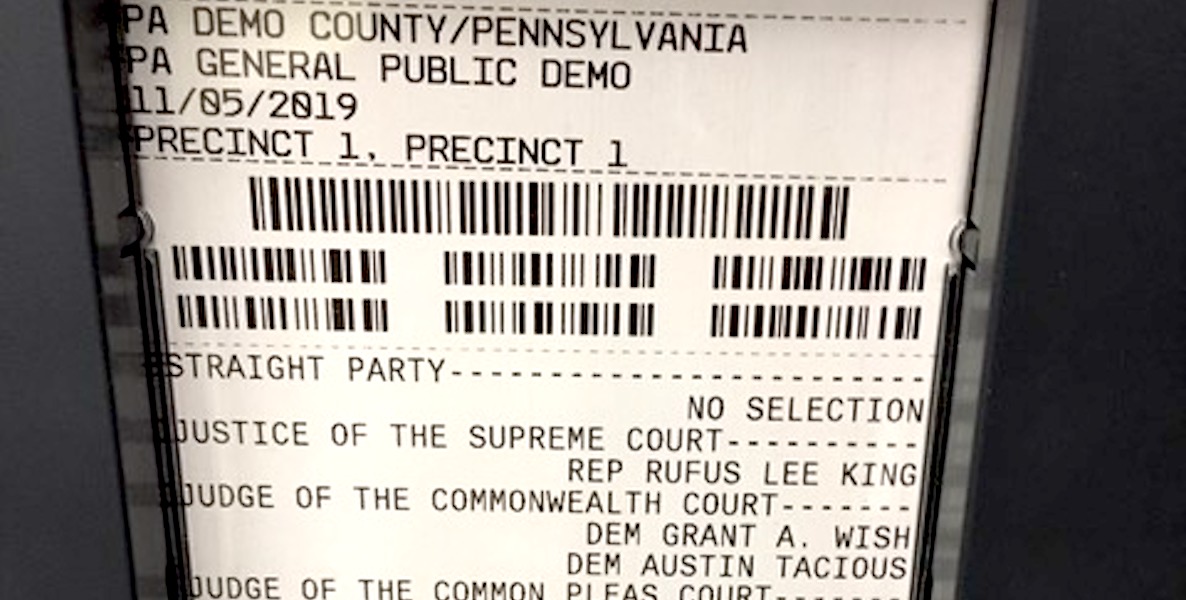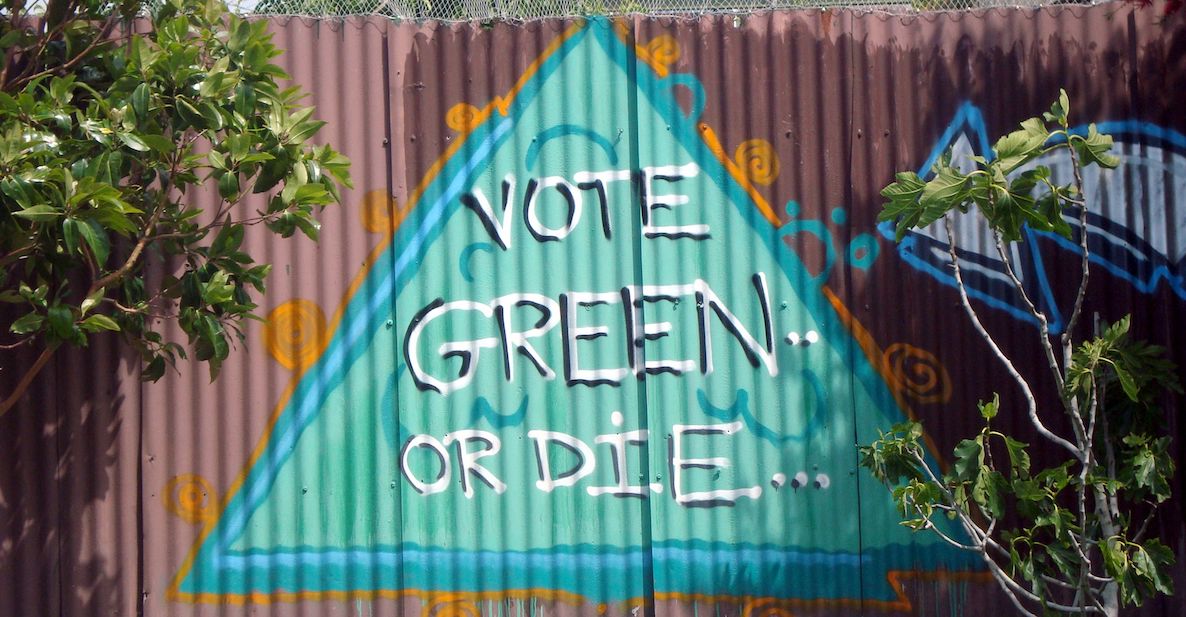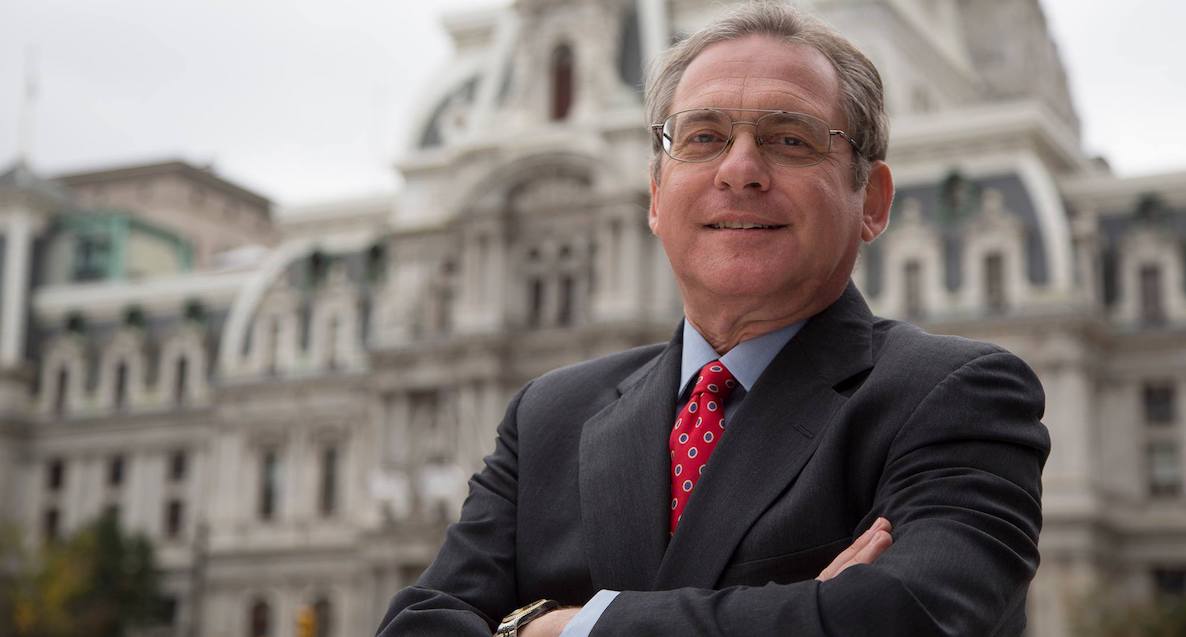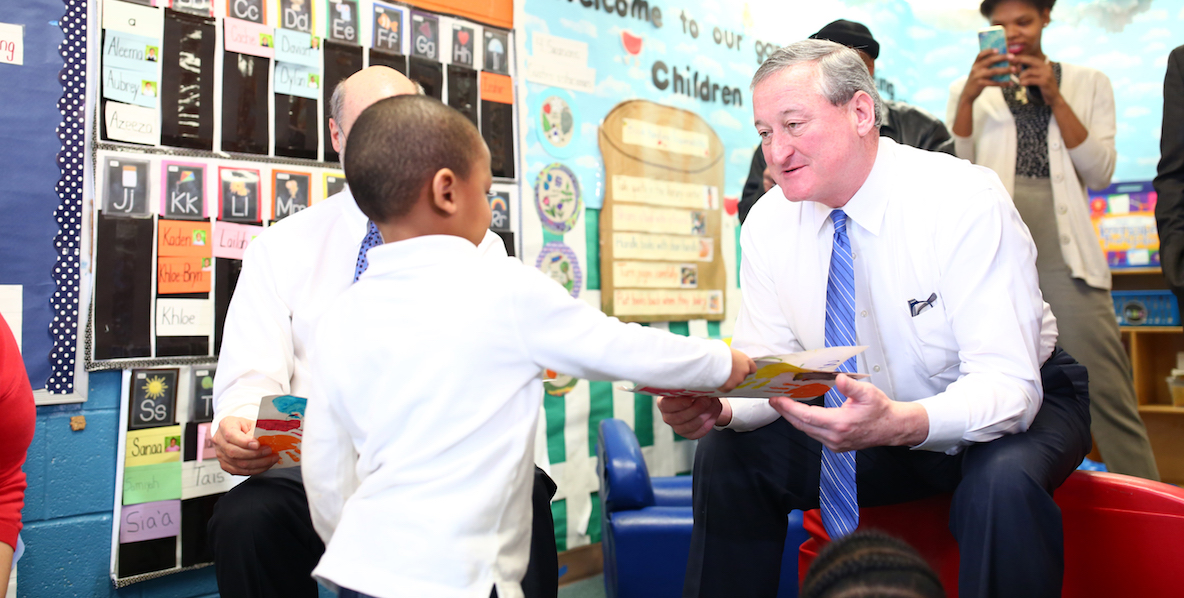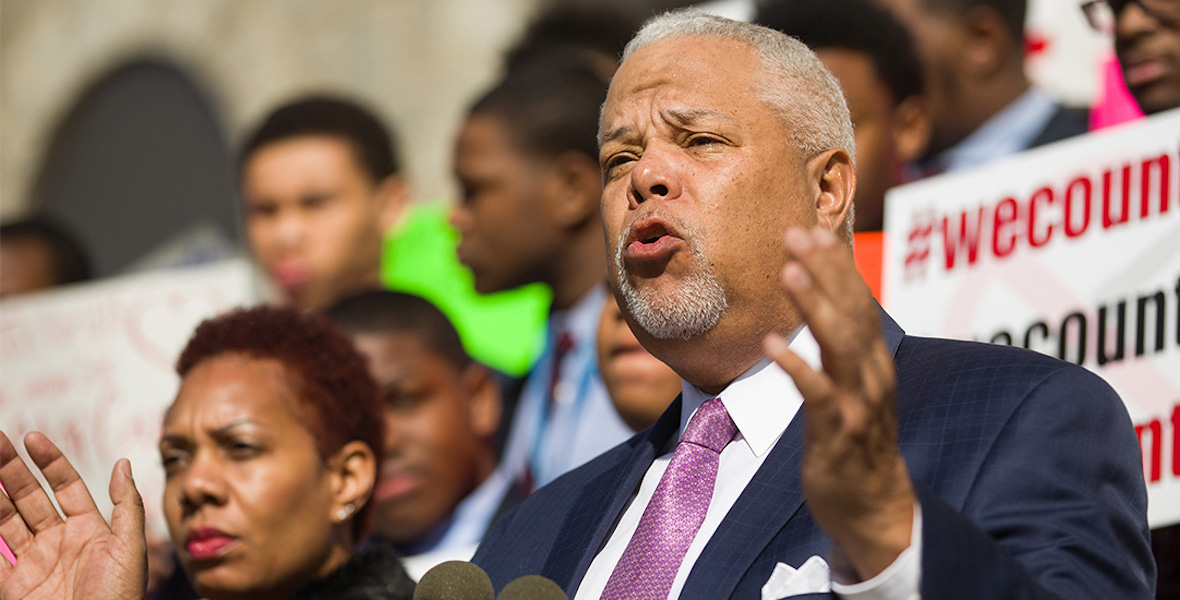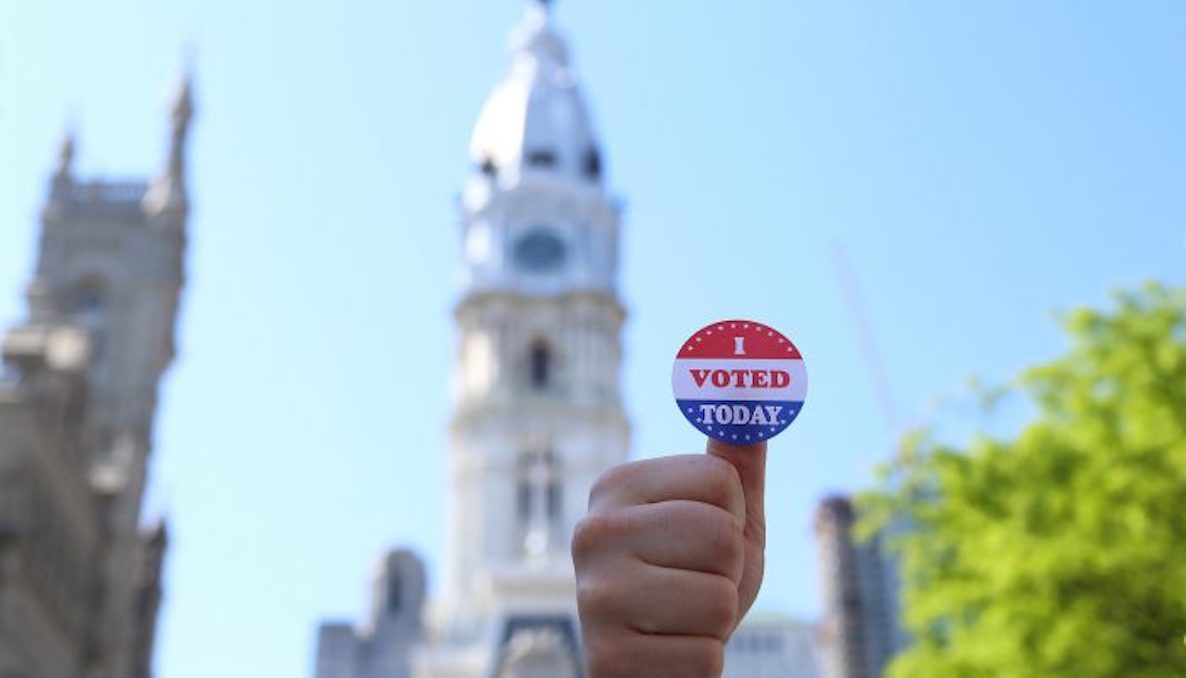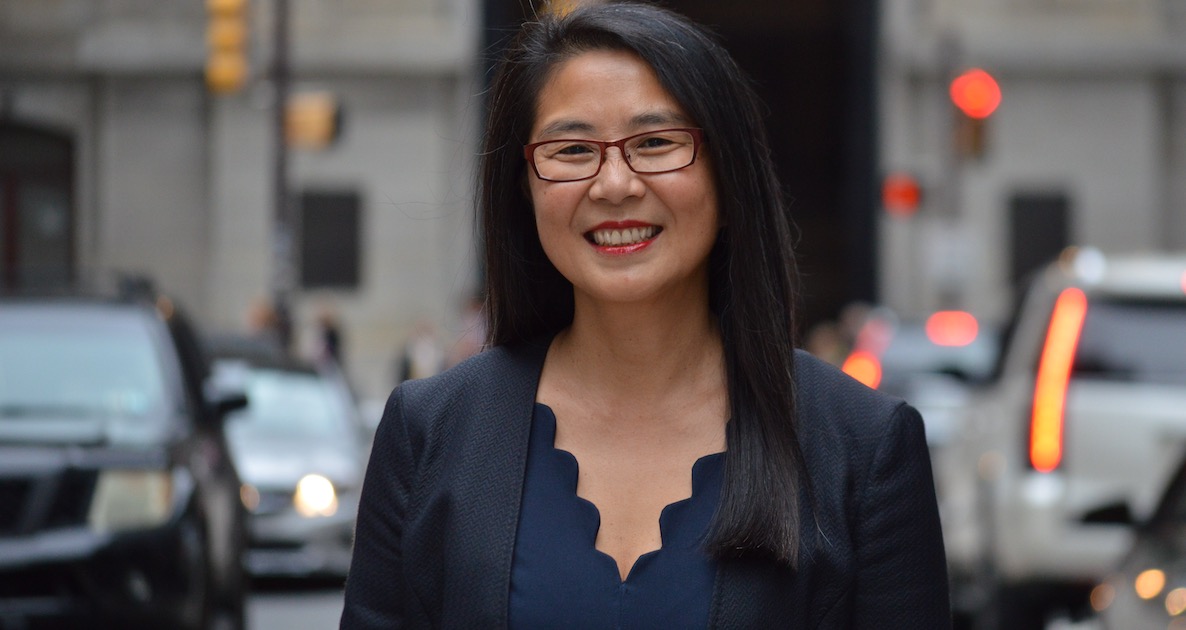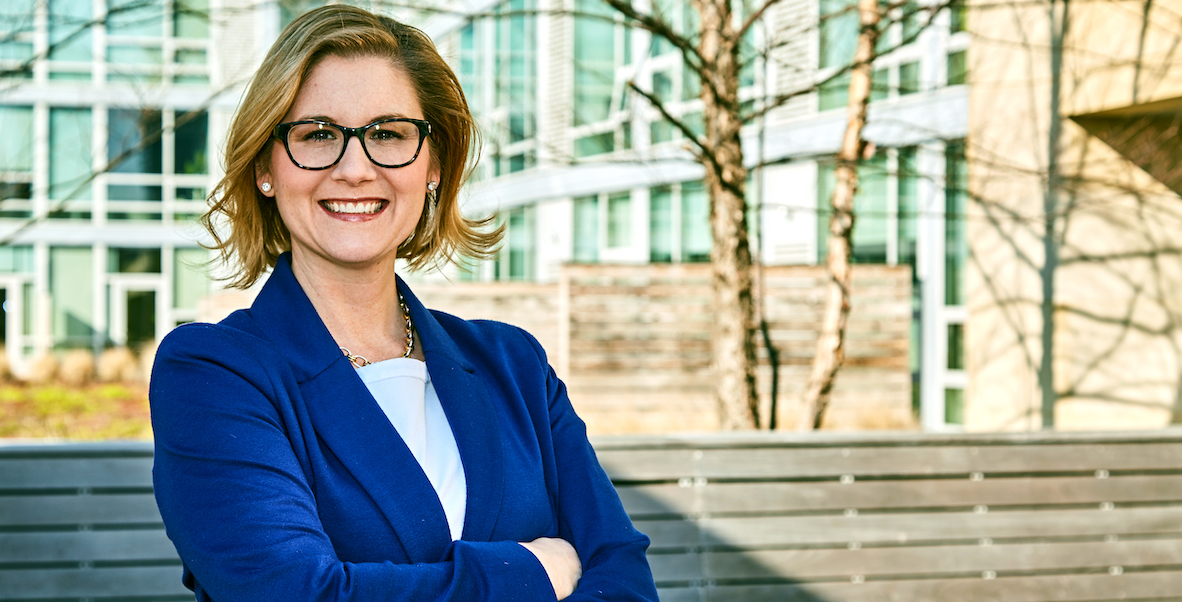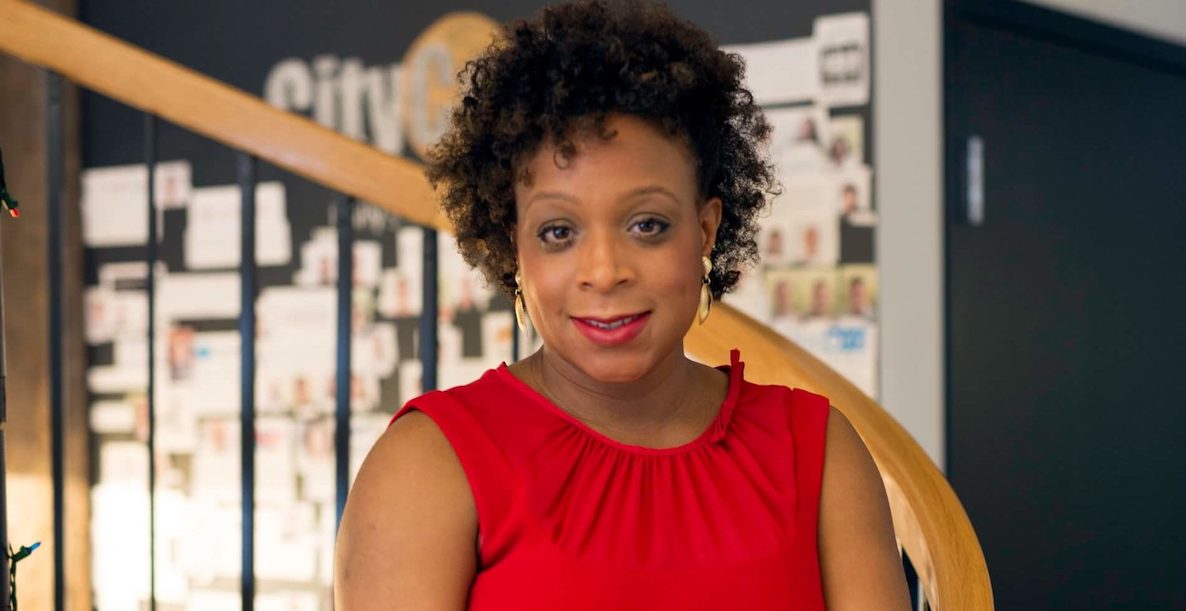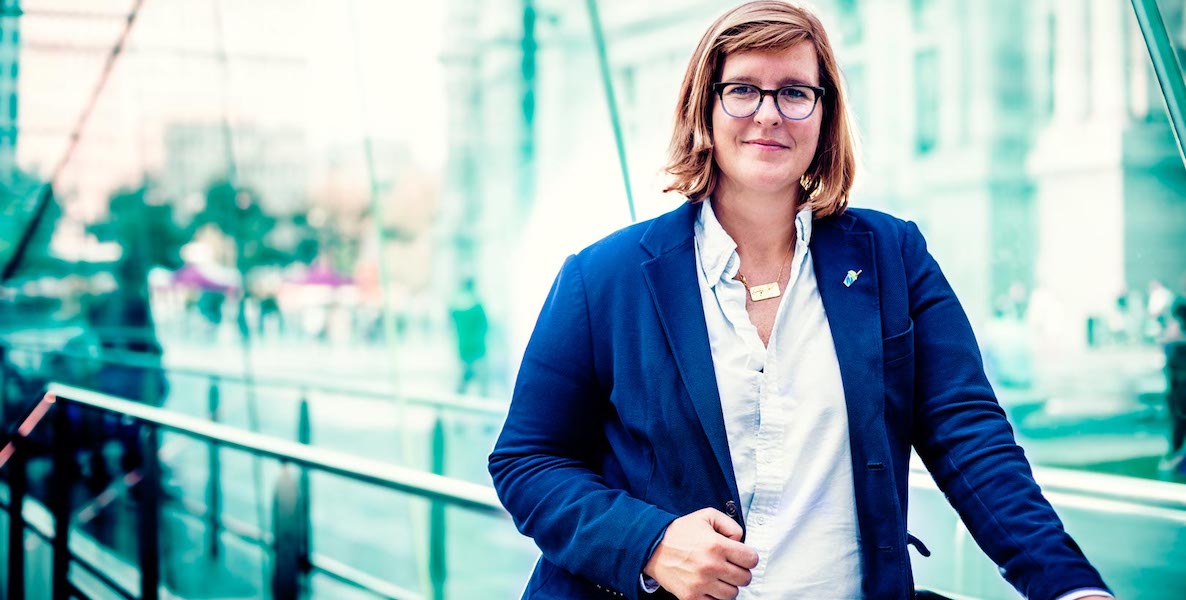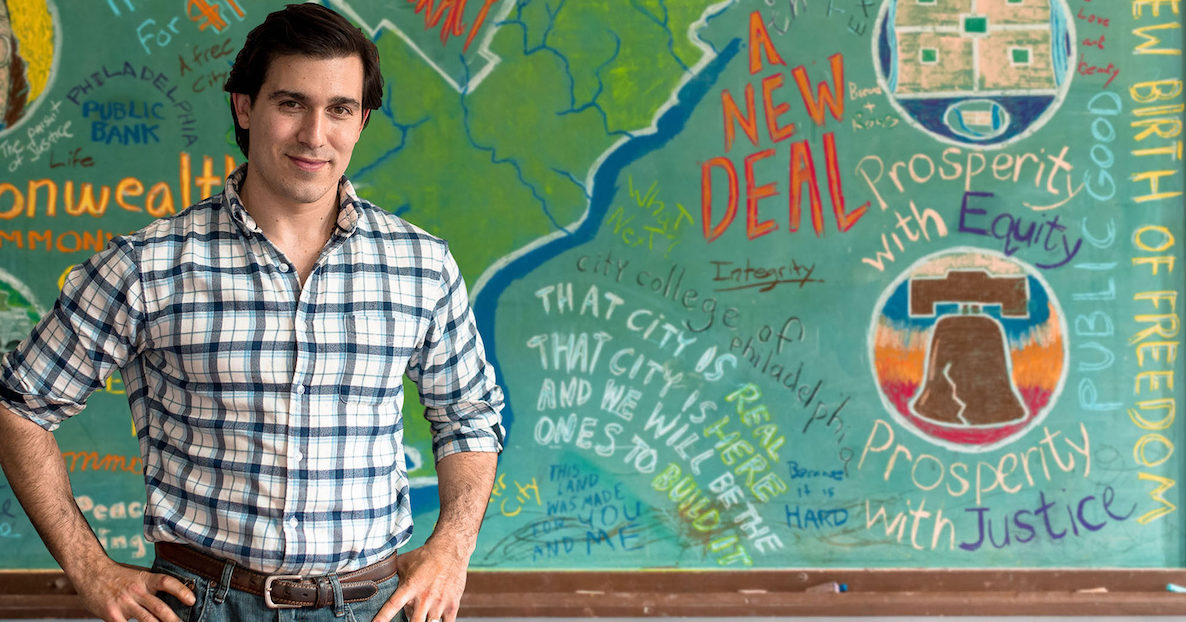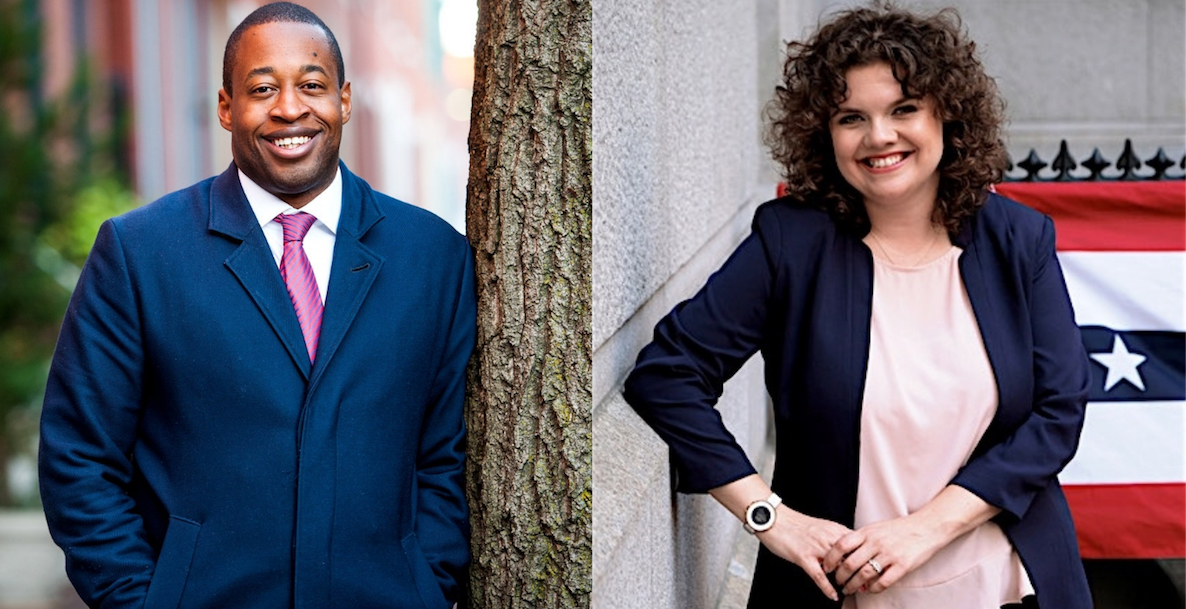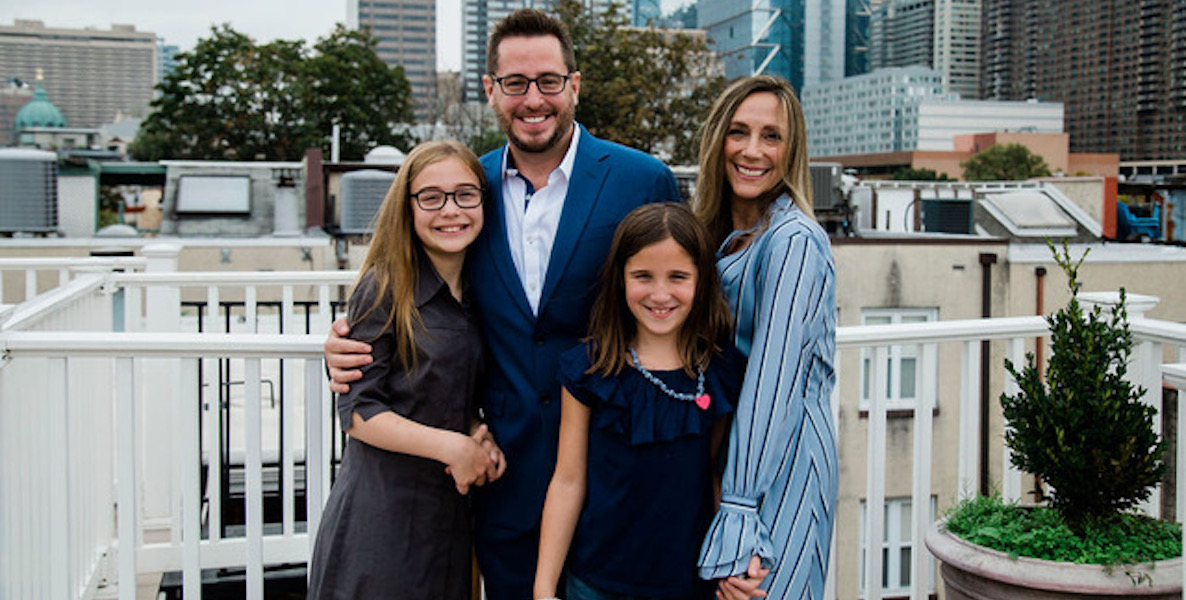For many Democrats, the election of President Donald Trump was a galvanizing moment, waking up progressives, energizing the opposition party and sending hundreds of new candidates on to ballots across the country. For Drew Murray, a lifelong Democrat, Trump’s presidency had a different effect: It turned him Republican.
“I always considered myself a conservative Democrat,” says Murray, who is running for City Council-at-large in the Republican primary. “I thought a vote for President Trump was a vote for change. And I thought it would mean both parties moving more to the middle. Instead, the Democratic Party went so much to the left.”
“People are starting to realize that 60 years of one party rule has not been good for Philadelphia,” Murray says. “I helped the Republican Party grow when I switched six months ago, and now I plan to help it grow even more.”
Murray, who lives in Center City, now considers himself a liberal Republican, something that doesn’t really exist in national politics these days. In Philly, though, there’s a longstanding (if bygone) history of the Philadelphia Republican: Think practical, middle-of-the-road leaders like Arlen Specter and Thatcher Longstreth, both of whom would no doubt be dismissed by today’s purity police as RINOs—Republicans in Name Only. Murray believes that, in a city where registered Democrats outnumber Republicans by 8 to 1, progress resides in the political middle. Instead, his party has given up the fight in exchange for patronage jobs, a couple of seats at the table and some lucrative city contracts.
![]()
In that sense, not only is Murray challenging two incumbent City Councilmen—David Oh and Al Taubenberger—for the two seats set aside for Republicans, he’s also challenging the go-along-to-get-along nature of the Philadelphia Republican party. “When I told people I wanted to run, but not as a Democrat, they were surprised—but a lot of them said they’d vote for me if they could,” he says. “I think everyone believes we need some level of balance in our city government. Republicans need more of a voice on City Council, more of a voice in our government, to keep pushing Republican ideals.”
From Murray, those ideals are tempered with progressive-minded caveats. He avows, for example, that he is “pro-immigration,” noting that we are “a nation of immigrants,” and he favors a federal path to citizenship for people who live here and pay taxes. But he opposes Philly’s Sanctuary City status, and the fact that Mayor Kenney decided the policy himself, without City Council weighing in.“We need to work with the federal government, not against them,” Murray says. “I’ve talked to so many communities who are saying, ‘Why is the Mayor doing that?’ It’s a divisive issue and he should hear that.”
Murray also favors pro-growth policies like restructuring business taxes to make them less onerous, quickening the pace of lowering the wage tax, and enacting Paul Levy and Jerry Sweeney’s proposal to tax commercial buildings rather than the people who work in them. For that proposal, he says, the City would need state approval, and “the best person to make a deal with the state is a Republican.”
Murray believes that, in a city where registered Democrats outnumber Republicans by 8 to 1, progress resides in the political middle. Instead, his party has given up the fight in exchange for patronage jobs, a couple of seats at the table and some lucrative city contracts.
Murray would also join a growing contingent of City Councilmembers who favor overturning the soda tax—though he is staunchly in favor of both pre-K and Rebuild, for a very particular reason: He was the founder of Friends of Coxe Park, in his Logan Square Neighborhood, which is now on the Rebuild list. “Every child within five minutes of their home should have a park,” he says. “We just need to find the money somewhere else. It shouldn’t be a targeted tax.”
![]()
That same Coxe Park was Murray’s first entree into the world of Philly civic engagement. A regional sales manager for O’Brien Business Systems, a storage company that stores artwork for museums when it is not on display, Murray mostly works from home. When his daughters were little, he picked them up from Greene Town Montessori School every day at noon and took them to the small park on Cherry Street. “It was falling apart, it was unsafe, it wasn’t being cleaned,” he says. “Turns out, it had fallen off the radar of Parks and Rec.”
Murray and a group of moms—“I was the token father among all these great women trying to do good for the community,” he says.—launched the Friends of group, brought Coxe back to Parks and Rec’s attention, and got it on the Rebuild list.
This was around the time Murray and his wife were facing the usual conundrum of young parents in the city: To stay or to move to the suburbs, for better schools. Murray himself grew up outside the city, but attended St. Joe’s Prep, which produced our last two mayors. He followed in the footsteps of his father, grandfather and uncles at The Prep—and he says he has always taken to heart the school’s message to live your life as a man for others. He had started attending Logan Square Neighborhood Association meetings and was approached by a neighbor, Rob Stuart, who convinced him to both stay in the city, and join the LSNA board. Stuart, a civic leader and activist, passed away soon after and Murray joined the board, and eventually became president, in his honor. He is also now a member of the Center City District board.
![]()
Logan Square is the center of some of the city’s biggest, most expensive, and most skyline-changing projects—everything from new townhomes to the Comcast Center to River Walk. Murray says he is a fan of development—when it’s done well. “We work with developers,” he says. “We might not like the first plan, but we want to make the project work for the betterment of the community.” For example, LSNA’s advocacy helped secure plans for a (not Whole Foods or Trader Joe’s) supermarket in the River Walk towers at 23rd Street and JFK Boulevard. “You know, it’s a place we can get Swiffer wipes when we need them,” he says. “There’s nothing like that here.”
![]()
Murray’s community involvement has meant working closely with Council President Darrell Clarke, in whose district Logan Square falls. That relationship is one reason Murray says he’s running at-Large. “It would have been awkward to run against him,” Murray says. “I don’t think I could beat him—and I’m not saying I want to.”
Murray has been dogged by the obvious question that comes up: Did he switch parties in order to up his chances of winning a Council seat in a race where several dozen Democrats are vying for votes? He insists not, and lays out the numbers: Two Republicans are guaranteed seats on Council; when he started, there were eight candidates, giving him a 25 percent chance. On the Democrat’s side, where five will likely win seats, there are 30 candidates running, with two open seats where the incumbent is retiring. “The chances are really not that different,” Murray says. “It’s just as hard as a Republican as it as a Democrat.”
What’s most difficult is the effort of ousting an incumbent, with their deeper pockets and greater name recognition. Murray contends both Oh and Taubenberger are “good men,” but that they are not especially effective in their roles as Councilmembers-at-large. “They should be out and seen more, representing the whole city and keeping District Councilmembers in check,” he says. In particular, Murray wants to see an end to Councilmanic Prerogative, the practice of allowing District Councilmembers to singlehandedly decide what gets built in their neighborhoods. “As a Republican, I know it’s harder to get legislation passed,” he acknowledges, “but it’s At-large members’ jobs to stop that tradition.”
Murray says he’s in this to win, both in May and November. And he’s heartened that this time around there are several Republicans in the race, both At-large and in the Districts. They won’t win, of course. But to Murray, it’s a harbinger of things to come. “People are starting to realize that 60 years of one party rule has not been good for Philadelphia,” he says. “I helped the Republican Party grow when I switched six months ago, and now I plan to help it grow even more.”
Drew Murray with his family; Photo via Drew Murray


